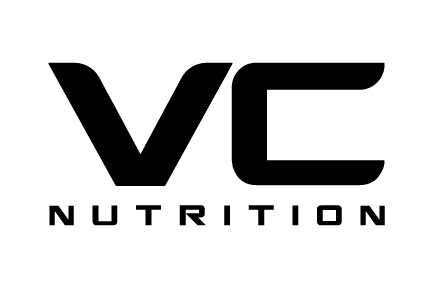How Nutrition Impacts Women’s Hormones: A Functional Nutrition Approach
Balancing hormones is a key factor in helping women feel their best - whether you’re dealing with PMS, fatigue, mood swings, or simply aiming for optimal health. As a functional nutritionist, I take a holistic approach to hormone health, focusing on nutrition and lifestyle habits that support your body’s natural rhythms rather than working against them.
In this post, we’ll dive into how nutrition impacts women’s hormones, and share simple, sustainable habits you can start today to support hormonal balance.
Why Hormone Balance Matters
Hormones act as your body’s chemical messengers, regulating everything from metabolism and energy to mood, sleep, and reproductive health. When they’re in sync, you feel balanced, energetic, and resilient. But when they’re out of balance - due to stress, poor diet, lack of sleep, or other factors - symptoms like fatigue, irregular cycles, cravings, or even hair loss can emerge.
The Nutrition-Hormone Connection
1. Protein Intake
Protein is essential for hormone production and regulation. It helps build enzymes, transport hormones, and repair tissues. Aim for 0.8–1.2 grams of protein per pound of body weight per day, including sources like:
Eggs
Poultry and fish
Legumes and beans
Nuts and seeds
2. Healthy Fats
Your body needs fats - especially omega-3s - for hormone synthesis and inflammation control. Incorporate:
Fatty fish like salmon and sardines
Avocado
Nuts and seeds
Olive oil
3. Fiber-Rich Foods
Fiber supports healthy digestion and helps the body excrete excess hormones like estrogen. Include:
Leafy greens
Cruciferous vegetables (broccoli, cauliflower)
Whole grains
Berries
4. Key Micronutrients
Certain vitamins and minerals are critical for hormone health:
Magnesium (nuts, seeds, leafy greens)
Zinc (pumpkin seeds, shellfish, legumes)
B vitamins (whole grains, eggs, legumes)
Iodine (seafood, iodized salt)
Easy Habits for Hormone Balance
Supporting your hormones doesn’t have to be complicated. Here are a few simple, functional nutrition habits to weave into your routine:
Eat balanced meals: Combine protein, healthy fats, and fiber-rich carbs at each meal to stabilize blood sugar and keep cravings in check.
Stay hydrated: Aim for at least 8 glasses of water a day - more if you’re active.
Prioritize sleep: Quality sleep is crucial for hormone regulation. Try to get 7–9 hours a night.
Manage stress: Chronic stress can disrupt cortisol and other hormones. Practices like meditation, deep breathing, or even a daily walk can make a big difference.
Ready for Personalized Support?
Every woman’s hormone story is unique. If you’re looking for personalized guidance that meets you where you are, my 1:1 nutrition coaching can help. Together, we’ll create a plan that supports your hormone health, energy, and overall well-being—rooted in real food and sustainable habits.
Learn more about my 1:1 coaching here
Your hormones deserve care and attention - let’s make this your healthiest, most balanced season yet.
